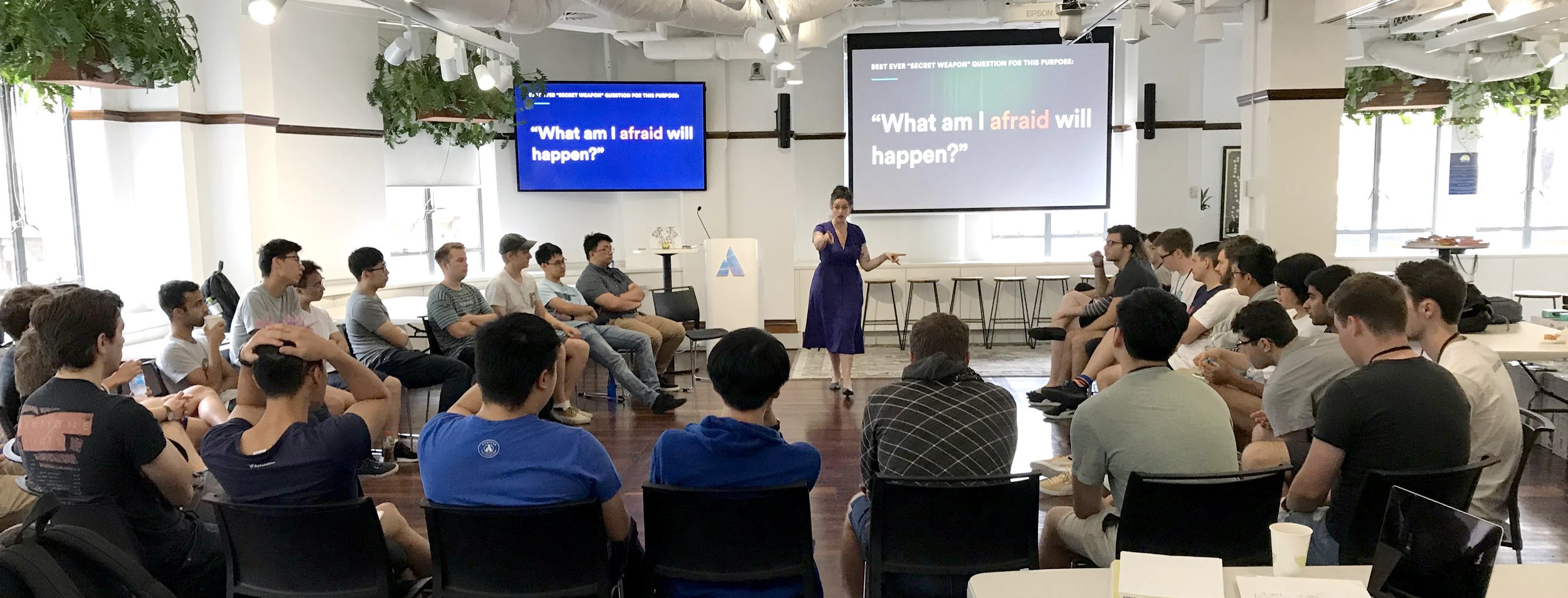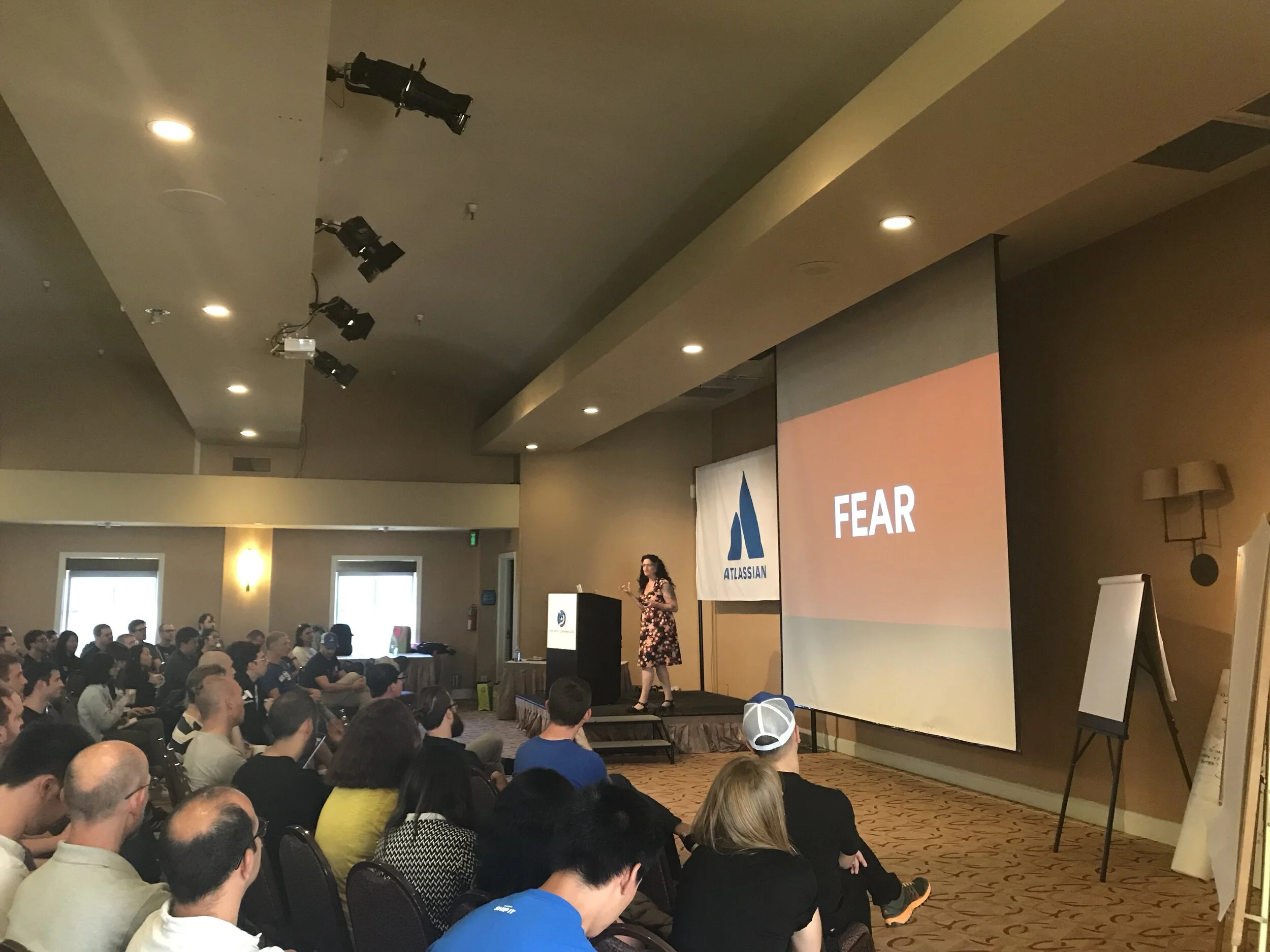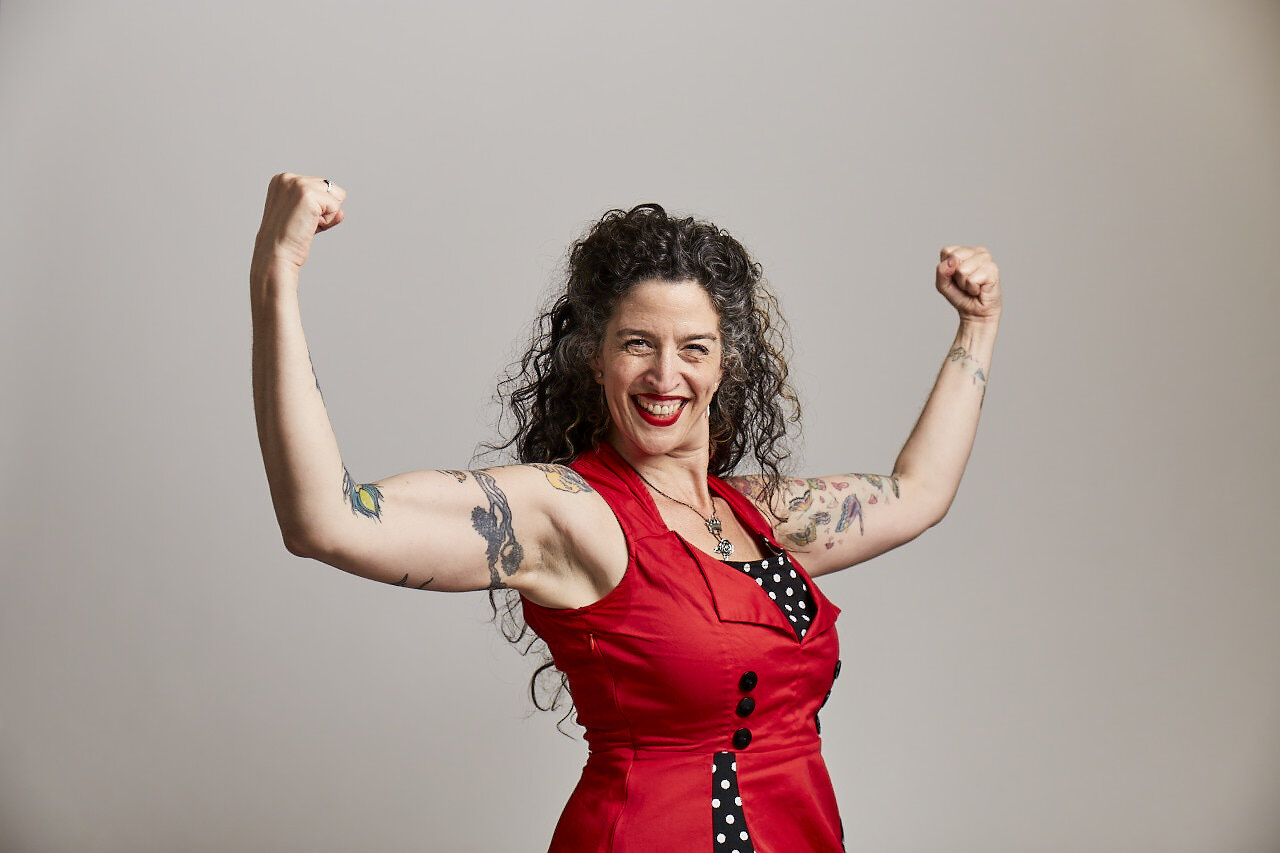
I’ve been in your boardrooms and conference rooms since the 1990s, watching you make the same mistakes over and over.
Are you ready to stop yet?
Learning begins with the courage to shine a light on our weaknesses.

Philosophy and Principles
My leadership and coaching philosophy is unapologetically rooted in feminist pedagogy. With engaging, sometimes irreverent facilitation practices, I invite participants to co-create a mutually challenging, mutually respectful learning community. In my physical and virtual classrooms, everyone shares the responsibility for creating and maintaining the psychological safety needed to turn learning into knowledge.
In my 1:1 coaching practice, queer feminist pedagogy means that I will hold space and guide you to feed, water and develop towards your own evolving definitions of success and satisfaction, not to my own.
Here are a few of my core growth principles:
01.
–
Shine a light on the valuable part
Learning begins with the courage to shine a light on our weaknesses. Invite other people to bring their critical perspectives into the hardest part of your problem space.
02.
–
Know yourself, even if it hurts
If I truly want to grow and improve, I have to develop an accurate baseline understanding of where I am. That means I have to ask for it, and listen.
03.
–
Fill in the blind spots
By developing a relentless drive to understand what we’re missing, we can expand our problem solving and creative capacity beyond our own biases and limitations
04.
–
Name the elephants
We have to talk about the hard things out in the open, in order to make the best group decisions.
“Say what you mean, mean what you say, but don’t say it mean,” as a mentor of mine once put it.
Let’s get stronger, together.
